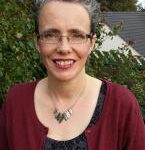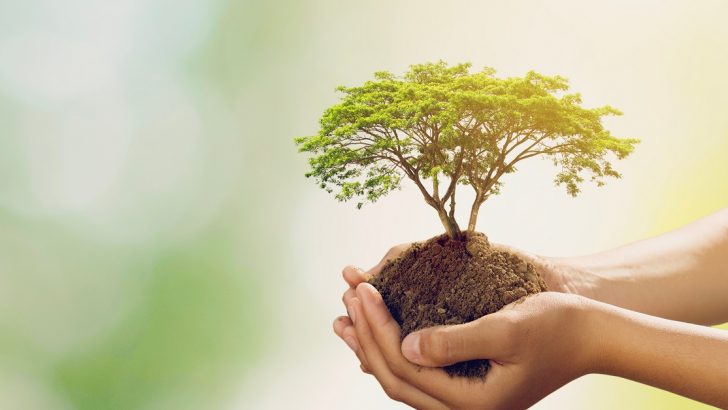When the issue of climate change comes up there can be a very natural reaction to step away, saying: “This has nothing to do with me, it’s up to the governments, the energy producers.”
Pope Francis however sees it differently. He invites each one of us to an “ecological conversion”. Now just what does he mean by that?
Pope Francis wants us to realise that everything is connected, that we live within a web of relationships with each other, with the earth and with God. In a recent meeting with a group of ecological experts working with the French Bishops’ Conference on the themes of Laudato Si’ Pope Francis explained, “ecological conversion …. makes us see the general harmony, the correlation of everything: everything is connected, everything is related”.
Pope Francis spoke of his own ecological conversion, tracing it back to 2007 and the Latin American Bishops’ Conference in Aparecida. He was involved in editing the final document on evangelisation. The Brazilian Bishops wanted the inclusion of a reflection on the Amazon region which left Cardinal Bergoglio as he was then wondering: “What has Amazonia got to do with evangelisation?”
This was the beginning of his awareness that everything is connected, that evangelisation has to be rooted in the life experience of people and for these people the Amazon was profoundly important. It is the realisation that while little boxes may be very handy for keeping things tidy, life doesn’t work that way. Life is a complex, wonderful and frequently messy web of connectedness.
When we understand this we can no longer say: “This has nothing to do with me”, regarding such things as the impact of climate change on people in poorer countries, the exploitation of the earth’s resources, the loss of natural habitats and biodiversity or the pollution caused by the clothing industry. And again, are you feeling overwhelmed, that this is all too much? I get that, I really do but Pope Francis is not asking us to become weighed down by the magnitude of this but to have an awareness that how we live can contribute either to the problems or to the solutions.
Speaking recently Pope Francis acknowledged that the Church doesn’t claim to have the answers but “wants to act concretely where this is possible and above all she wants to form consciences in order to foster a profound and lasting ecological conversion which alone can respond to the important challenges we face”. Perhaps that is the question for each one of us: “Where is it possible for me to act concretely?”
Even small acts build momentum. Concrete actions take us out of our heads with theories and ideas about climate change and help us to make real, to incarnate, a better way of living.
Composting, reducing or eliminating single-use plastics, thinking more deeply about what we buy and whether we actually need to, supporting local producers, choosing a sustainable-energy electricity provider, insulating our homes, walking or cycling more – these and so many more are all concrete, positive actions. And when someone asks: “Why are you doing that?”, there is your opportunity to say:“Well it is better for the environment which means it is also better for us and for our future.” Conscience can be nurtured, conversion begun when the conversation is opened up.
In 2002 Ireland was the first country in the world to bring in a levy on plastic bags, a move which was vitally important for the environment. At the time it seems like a huge issue, a major inconvenience but sure look at us now with our stash of re-usable bags in the boot of the car! Change does and can happen. We do none of this on our own. It is God’s creative Spirit who calls us forward on a path of healing and ecological conversion. The Season of Creation ends on the Feast of St Francis on October 4 but in Laudato Si’ we are invited by Pope Francis to continue to reflect on our relationship with the whole of creation. For yourself, your family, your parish what positive, concrete actions will you take?


 Bairbre Cahill
Bairbre Cahill
